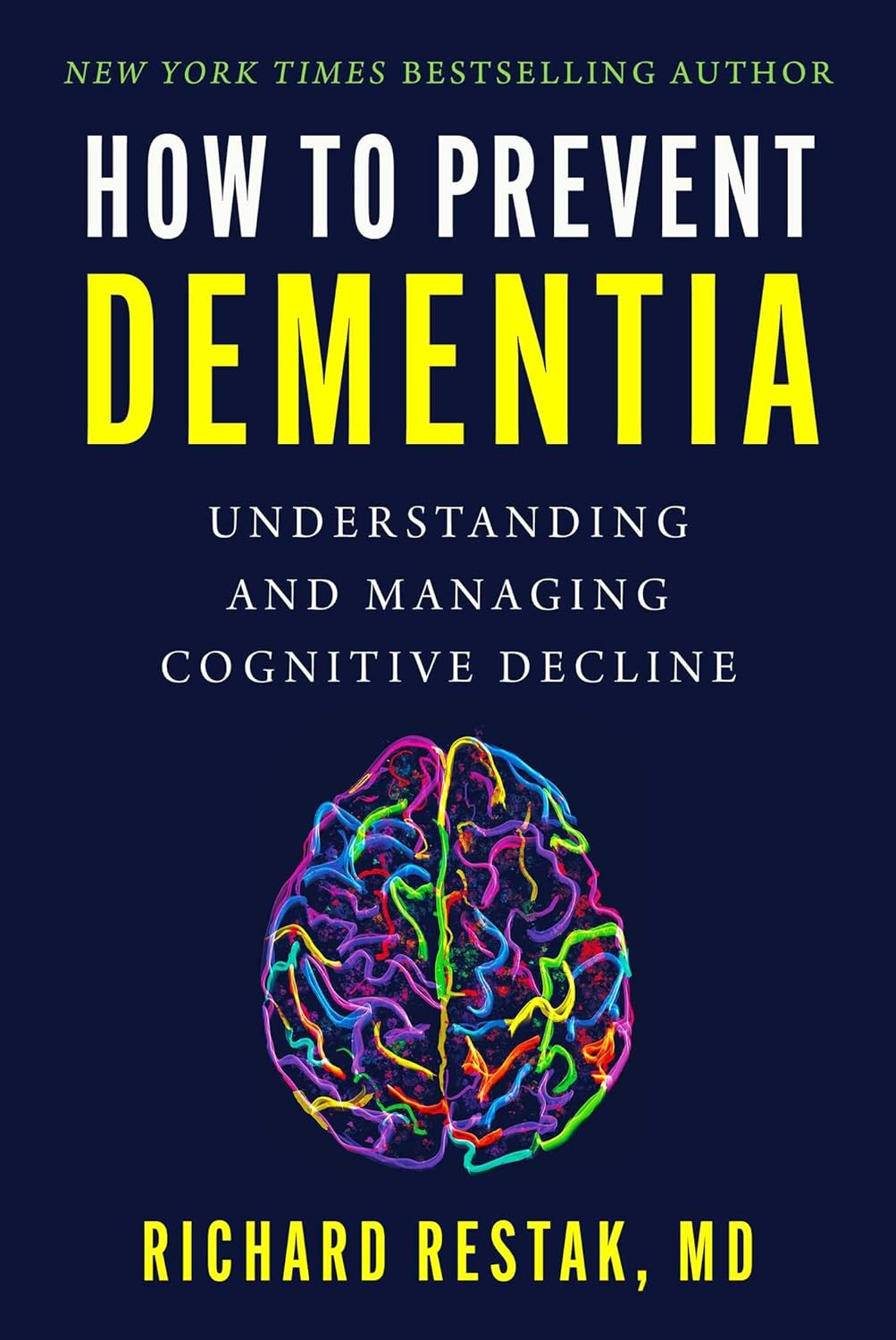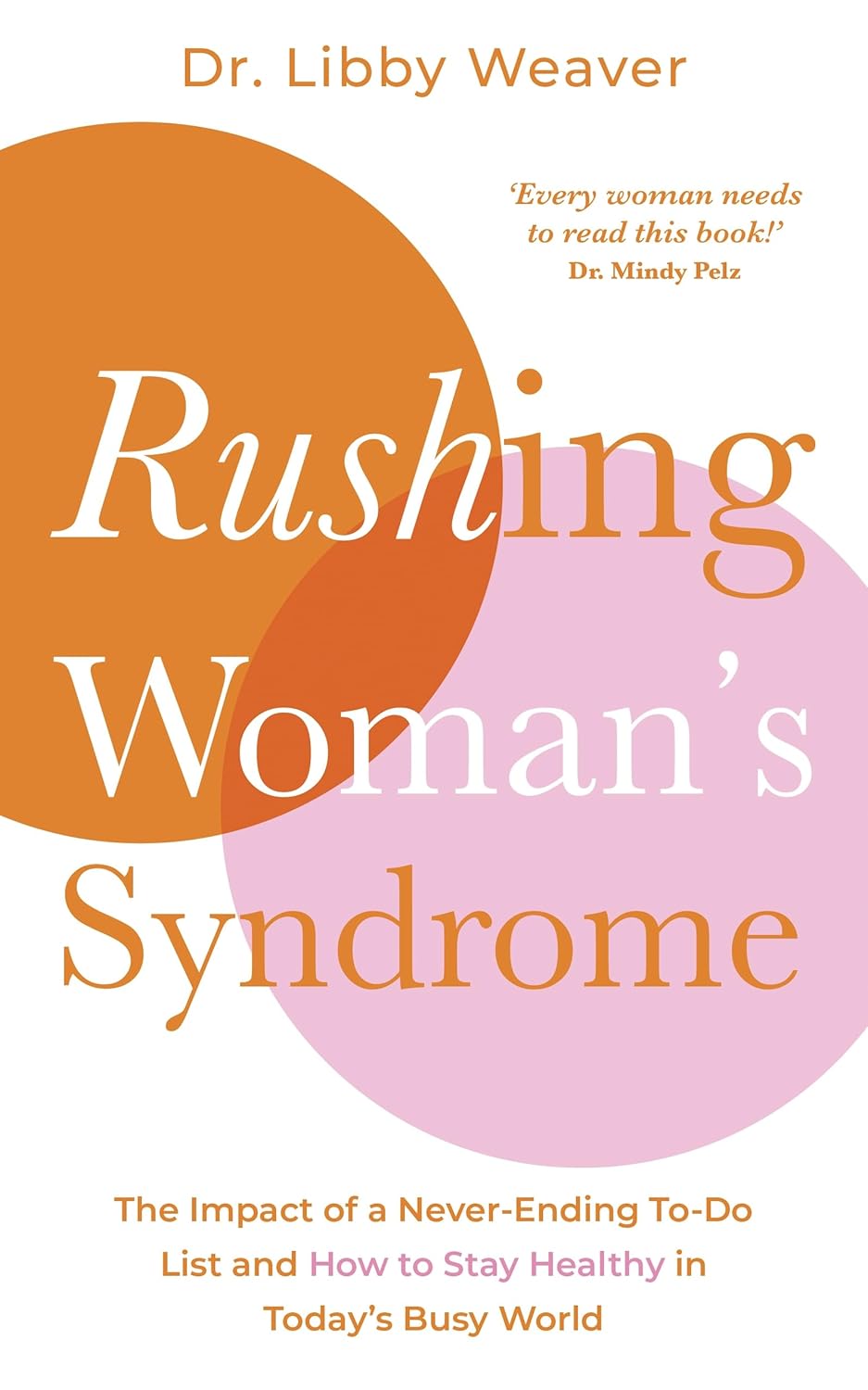
Ashwagandha: The Root of All Even-Mindedness?
10almonds is reader-supported. We may, at no cost to you, receive a portion of sales if you purchase a product through a link in this article.
Ashwagandha: The Root Of All Even-Mindedness?
In the past few years, Ashwagandha root has been enjoying popular use in consumer products ranging from specialist nootropic supplement stacks, to supermarket teas and hot chocolates.
This herb is considered to have a calming effect, but the science goes a lot deeper than that. Let’s take a look!
Last summer, a systematic review was conducted, that asked the question:
Does Ashwagandha supplementation have a beneficial effect on the management of anxiety and stress?
While they broadly found the answer was “yes”, they expressed low confidence, and even went so far as to say there was contradictory evidence. We (10almonds) were not able to find any contradictory evidence, and their own full article had been made inaccessible to the public, so we couldn’t double-check theirs.
We promptly did our own research review, and we found many studies this year supporting Ashwaghanda’s use for the management of anxiety and stress, amongst other benefits.
First, know: Ashwagandha’s scientific name is “Withania somnifera”, so if you see that (or a derivative of it) mentioned in a paper or extract, it’s the same thing.
Onto the benefits…
A study from the same summer investigated “the efficacy of Withania somnifera supplementation on adults’ cognition and mood”, and declared that:
“in conclusion, Ashwagandha supplementation may improve the physiological, cognitive, and psychological effects of stress.”
We notice the legalistic “may improve”, but the data itself seems more compelling than that, because the study showed that it in fact “did improve” those things. Specifically, Ashwagandha out-performed placebo in most things they measured, and most (statistically) significantly, reduced cortisol output measurably. Cortisol, for any unfamiliar, is “the stress hormone”.
Another study that looked into its anti-stress properties is this one:
Ashwagandha Modulates Stress, Sleep Dynamics, and Mental Clarity
This study showed that Ashwagandha significantly outperformed placebo in many ways, including:
- sleep quality
- cognitive function
- energy, and
- perceptions of stress management.
Ashwagandha is popular among students, because it alleviates stress while also promising benefits to memory, attention, and thinking. So, this study on students caught our eye:
Their findings demonstrated that Ashwagandha increased college students’ perceived well-being through supporting sustained energy, heightened mental clarity, and enhanced sleep quality.
That was about perceived well-being and based on self-reports, though
So: what about hard science?
A later study (in September) found supplementation with 400 mg of Ashwagandha improved executive function, helped sustain attention, and increased short-term/working memory.
Read the study: Effects of Acute Ashwagandha Ingestion on Cognitive Function
❝But aside from the benefits regarding stress, anxiety, sleep quality, cognitive function, energy levels, attention, executive function, and memory, what has Ashwagandha ever done for us?❞
Well, there have been studies investigating its worth against depression, like this one:
Can Traditional Treatment Such as Ashwagandha Be Beneficial in Treating Depression?
Their broad answer: Ashwagandha works against depression, but they don’t know how it works.
They did add: “Studies also show that ashwagandha may bolster the immune system, increase stamina, fight inflammation and infection, combat tumors*, reduce stress, revive the libido, protect the liver and soothe jangled nerves.
That’s quite a lot, including a lot of physical benefits we’ve not explored in this research review which was more about Ashwagandha’s use as a nootropic!
We’ve been focusing on the more mainstream, well-studied benefits, but for any interested in Ashwagandha’s anti-cancer potential, here’s an example:
Evaluating anticancer properties of [Ashwagandha Extract]-a potent phytochemical
In summary:
There is a huge weight of evidence (of which we’ve barely skimmed the surface here in this newsletter, but there’s only so much we can include, so we try to whittle it down to the highest quality most recent most relevant research) to indicate that Ashwagandha is effective…
- Against stress
- Against anxiety
- Against depression
- For sleep quality
- For memory (working, short-term, and long-term)
- For mental clarity
- For attention
- For stamina
- For energy levels
- For libido
- For immune response
- Against inflammation
- Against cancer
- And more*
*(seriously, this is not hyperbole… We didn’t even look at its liver-protective functions, for instance)
Bottom line:
You’d probably like some Ashwagandha now, right? We know we would.
We don’t sell it (or anything else, for that matter), but happily the Internet does:
Don’t Forget…
Did you arrive here from our newsletter? Don’t forget to return to the email to continue learning!
Recommended
Learn to Age Gracefully
Join the 98k+ American women taking control of their health & aging with our 100% free (and fun!) daily emails:
-
How to Prevent Dementia – by Dr. Richard Restak
10almonds is reader-supported. We may, at no cost to you, receive a portion of sales if you purchase a product through a link in this article.
We’ve written about this topic here, we know. But there’s a lot more we can do to be on guard against, and pre-emptively strengthen ourselves against, dementia.
The author, a neurologist, takes us on a detailed exploration of dementia in general, with a strong focus on Alzheimer’s in particular, as that accounts for more than half of all dementia cases.
But what if you can’t avoid it? It could be that with the wrong genes and some other factor(s) outside of your control, it will get you if something else doesn’t get you first.
Rather than scaremongering, Dr. Restak tackles this head-on too, and discusses how symptoms can be managed, to make the illness less anxiety-inducing, and look to maintain quality of life as much as possible.
The style of the book is… it reads a lot like an essay compilation. Good essays, then organized and arranged in a sensible order for reading, but distinct self-contained pieces. There are ten or eleven chapters (depending on how we count them), each divided into few or many sections. All this makes for:
- A very “read a bit now and a bit later and a bit the next day” book, if you like
- A feeling of a very quick pace, if you prefer to sit down and read it in one go
Either way, it’s a very informative read.
Bottom line: if you’d like to better understand the many-headed beast that is dementia, this book gives a far more comprehensive overview than we could here, and also explains the prophylactic interventions available.
Share This Post
-
Rethinking Exercise: The Workout Paradox
10almonds is reader-supported. We may, at no cost to you, receive a portion of sales if you purchase a product through a link in this article.
The notion of running a caloric deficit (i.e., expending more calories than we consume) to reduce bodyfat is appealing in its simplicity, but… we’d say “it doesn’t actually work outside of a lab”, but honestly, it doesn’t actually work outside of a calculator.
Why?
For a start, exercise calorie costs are quite small numbers compared to metabolic base rate. Our brain alone uses a huge portion of our daily calories, and the rest of our body literally never stops doing stuff. Even if we’re lounging in bed and ostensibly not moving, on a cellular level we stay incredibly busy, and all that costs (and the currency is: calories).
Since that cost is reflected in the body’s budget per kg of bodyweight, a larger body (regardless of its composition) will require more calories than a smaller one. We say “regardless of its composition” because this is true regardless—but for what it’s worth, muscle is more “costly” to maintain than fat, which is one of several reasons why the average man requires more daily calories than the average woman, since on average men will tend to have more muscle.
And if you do exercise because you want to run out the budget so the body has to “spend” from fat stores?
Good luck, because while it may work in the very short term, the body will quickly adapt, like an accountant seeing your reckless spending and cutting back somewhere else. That’s why in all kinds of exercise except high-intensity interval training, a period of exercise will be followed by a metabolic slump, the body’s “austerity measures”, to balance the books.
You may be wondering: why is it different for HIIT? It’s because it changes things up frequently enough that the body doesn’t get a chance to adapt. To labor the financial metaphor, it involves lying to your accountant, so that the compensation is not made. Congratulations: you’re committing calorie fraud (but it’s good for the body, so hey).
That doesn’t mean other kinds of exercise are useless (or worse, necessarily counterproductive), though! Just, that we must acknowledge that other forms of exercise are great for various aspects of physical health (strengthening the body, mobilizing blood and lymph, preventing disease, enjoying mental health benefits, etc) that don’t really affect fat levels much (which are decided more in the kitchen than the gym—and even in the category of diet, it’s more about what and how and when you eat, rather than how much).
For more information on metabolic balance in the context of exercise, enjoy:
Click Here If The Embedded Video Doesn’t Load Automatically!
Want to learn more?
You might also like to read:
- Are You A Calorie-Burning Machine?
- Burn! How To Boost Your Metabolism
- How To Do HIIT (Without Wrecking Your Body)
- Lose Weight, But Healthily
- Build Muscle (Healthily!)
- How To Gain Weight (Healthily!)
Take care!
Share This Post
-
Aspirin vs Cancer Metastasis
10almonds is reader-supported. We may, at no cost to you, receive a portion of sales if you purchase a product through a link in this article.
Aspirin is a bit of a mixed bag.
In the category of things in its favor, it’s a modest analgesic with few side effects from occasional use, so it’s a good option if you have a headache, for example.
Unless you’re already on blood thinners or having a bleeding disorder, in which case, aspirin is not the thing to reach for.
About aspirin and heart disease
This is actually a complicated one, and we covered it at length in a dedicated main feature. If you want a one-line summary, it’s “chronic low-dose aspirin use can lower overall CVD risk, but does not reduce CVD mortality or all-cause mortality, and you may pay for it with gastrointestinal bleeding, and increased risk of ulcers“.
For a more nuanced explanation, see: Aspirin, CVD Risk, & Potential Counter-Risks
On the other hand, if you are having a heart attack and are waiting for the ambulance that you already called, and have aspirin to hand that you don’t have to go looking for, then it can be good to take a dose then.
For more on that, see: How To Survive A Heart Attack When You’re Alone
There are more problems
In the case of chronic use of low-dose aspirin, not only does it increase the risks of bleeding, especially gastrointestinal bleeding, and ulcers, but also it increases the risk of anemia. Given that anemia also gives the symptom “dizziness”, this is also a significant threat for increasing the incidence of falls in the older population, too, which can of course lead to serious complications and ultimately death.
For the science about this, see: Low-Dose Aspirin & Anemia
Now, about aspirin and cancer metastasis
This one’s a point in aspirin’s favor.
Cancer is, in and of itself, obviously a big problem. In terms of when it’s most likely to kill someone, that is usually when the cancer becomes metastatic, that is to say, it has spread.
So, while preventing cancer and, failing that, killing cancer are very important goals, there is a third axis to cancer care, which is preventing metastasis in someone who has cancer.
And that’s what aspirin does. How, you ask?
Scientists found this one out by accident!
They were doing genetic research in mice, to find genes that had an effect on metastasis. In the process, they found a certain gene that instructs the creation of a certain protein, and mice that lacked that gene (and thus its associated protein) had less metastasis.
The protein in question suppresses T-cells, which are programmed to recognize and kill metastatic cancer cells (amongst having other great jobs; they are an important part of the immune system in general, and one that declines with aging; most people in their 60s or older are producing very few T-cells).
About that, see: Focusing On Health In Our Sixties
Tracing the cell signaling, the researchers found that the protein is activated when T-cells are exposed to thromboxane A2 (or TXA2 to its friends).
And TXA2? That’s produced by platelets, and aspirin works by inhibiting TXA2 production, effectively making platelets (and thus the blood as a whole) less sticky.
So, that’s quite a few steps in the process, but ultimately:
- Aspirin inhibits TXA2 production
- Lower TXA2 levels mean ARHGEF1 (that’s the protein) isn’t activated
- ARHGEF1 not being activated means T-cells are free to do their thing
- T-cells are now free to kill metastatic cancer cells
You can read the paper here:
Aspirin prevents metastasis by limiting platelet TXA2 suppression of T cell immunity
Take care!
Share This Post
Related Posts
-
AC: The Power of Appetite Correction – by Dr. Bert Herring
10almonds is reader-supported. We may, at no cost to you, receive a portion of sales if you purchase a product through a link in this article.
“Appetite Correction” is an intriguing concept, and so it intrigued us sufficiently to read this book. So what’s it about?
It’s about modifying our response to hunger, and treating it as a messenger to whom we may say “thank you for your opinion” and then do as we already planned to do. And what is that?
Simply, this book is about intermittent fasting, specifically, 19:5 fasting, i.e., fast for 19 hours and eat during a 5hr window each day (the author proposes 5pm–10pm, but honestly, go with what works for you).
During the fasting period, drinking water, or consuming other non insulin-signalling things (e.g. black coffee, black tea, herbal tea, etc) is fine, but not so much as a bite of anything else (nor calorific drinks, e.g. with milk/cream or sugar in, and certainly not sodas, juices, etc).
During the eating period, the idea is to eat at will without restriction (even unhealthy things, if such is your desire) during those 5 hours, with the exception that one should start with something healthy. In other words, you can line up that take-out if you want, but eat a carrot first to break the fast. Or some nuts. Or whatever, but healthy.
The “appetite correction” part of it comes in with how, after a short adjustment period, you will get used to not suffering from hunger during the fasting period, and during the eating period, you will—paradoxically—be more able to practise moderation in your portions.
Most of the book is given over the dealing with psychological difficulties/objections, as well as some social objections, but he does also explain some of the science at hand too (i.e. how intermittent fasting works, on a physiological level). On which note…
The style is on the very light end of pop-science, and unusually, he doesn’t cite any sources for his claims at all. Now, no science that he claimed struck this reviewer as out of the ordinary, but it would have been nice to see a good few pages of bibliography at the back.
Bottom line: this is a super quick-and-easy read that makes a strong (albeit unsourced) case for intermittent fasting. It’s probably best for someone who would like the benefits and needs some persuading, but who is not very interested in delving into the science beyond being content to understand what is explained and put it into practice.
Click here to check out AC: The Power of Appetite Correction, and get yours where you want it!
Don’t Forget…
Did you arrive here from our newsletter? Don’t forget to return to the email to continue learning!
Learn to Age Gracefully
Join the 98k+ American women taking control of their health & aging with our 100% free (and fun!) daily emails:
-
Rushing Woman’s Syndrome – by Dr. Libby Weaver
10almonds is reader-supported. We may, at no cost to you, receive a portion of sales if you purchase a product through a link in this article.
It’s well-known that very many women suffer from “the triple burden” of professional work, housework, and childcare. And it’s not even necessarily that we resent any of those things or feel like they’re a burden; we (hopefully) love our professions, homes, children. But, here’s the thing: no amount of love will add extra hours to the day!
On the psychological level, a lot is about making more conscious decisions and fewer automatic reactions. For example, everyone wants everything from us right now, if not by yesterday, but when do they need it? And, is it even our responsibility? Not everything is, and many of us take on more than we should in our effort to be “enough”.
On the physical level, she covers hormones, including the menstrual/menopausal and the metabolic, as well as liver health, digestive issues, and sleep.
The style is direct and friendly, making frequent references to science but not getting deep into it.
It’s worth noting that while she acknowledges other demographics exist, she’s writing mainly for an audience of otherwise healthy straight white women with children and at least moderate financial resources, so if you fall outside of those things, there may be things that society will penalize you for and expect more from you in return for less, so that is a limitation of the book.
Bottom line: if the above describes you, you will probably get value out of this book.
Click here to check out Rushing Woman’s Syndrome, and take care of yourself too!
Don’t Forget…
Did you arrive here from our newsletter? Don’t forget to return to the email to continue learning!
Learn to Age Gracefully
Join the 98k+ American women taking control of their health & aging with our 100% free (and fun!) daily emails:
-
Simple, 10-Minute Hip Opening Routine
10almonds is reader-supported. We may, at no cost to you, receive a portion of sales if you purchase a product through a link in this article.
Hips Feeling Stiff?
If so, Flow with Adee’s video (below) has just the solution with a quick 10-minute hip-opening routine. Designed for intermediates but open to all, we love Adee’s work and recommend that you reach out to her to tell her what you’d like to see next.
Other Methods
If you’re a book lover, we’ve reviewed a fantastic book on reducing hip pain. Alternatively, learn stretching from a ballerina with Jasmine McDonald’s ballet stretching routine.
Otherwise, enjoy today’s video:
How was the video? If you’ve discovered any great videos yourself that you’d like to share with fellow 10almonds readers, then please do email them to us!
Don’t Forget…
Did you arrive here from our newsletter? Don’t forget to return to the email to continue learning!
Learn to Age Gracefully
Join the 98k+ American women taking control of their health & aging with our 100% free (and fun!) daily emails:







